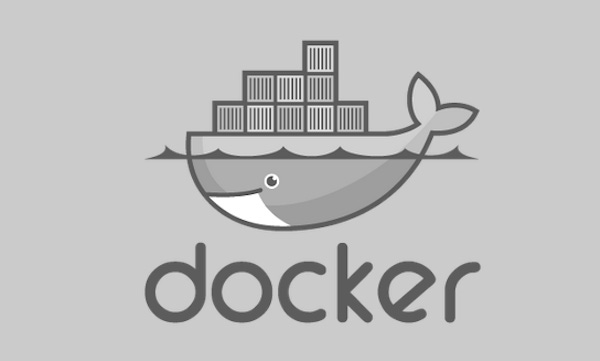Fresh off its news that it has raised an additional $95 million in funding today, Docker revealed it has 15 customer beta testing the on-premise edition of the Docker Hub repository.
April 14, 2015

Fresh off the news that it has raised an additional $95 million in funding today, Docker revealed it has 15 customers beta testing the on-premise edition of the Docker Hub repository.
While developers have enthusiastically embraced open source Docker containers via the Docker Hub repository, Docker Hub Enterprise is an implementation of the Docker container registry that can be deployed on premise.
Given the momentum surrounding the usage on Docker containers on Linux platforms and in the not-too-distant future multiple iterations of Microsoft Windows Server 2012, interest in being able to deploy their own Docker container hubs is fairly high among organizations that prefer not to use the cloud to develop or host applications.
Docker CEO Ben Golub said much of the money Docker has raised will be used for ongoing product development as Docker continues to build a sizeable ecosystem around its platform, which, in addition to Microsoft and every provider of a distribution of Linux, includes IBM, Amazon Web Services and a host of other cloud service providers.
While solution providers may not be seeing many Docker containers running in production applications just yet, a survey of 685 CIOs conducted by Enterprise Technology Research found the vast majority of them plan to adopt Docker containers in the next year.
The implications of Docker containers for the channel are profound. Not only do Docker containers make applications more portable, IT organizations can run them on top of physical servers, virtual machines or in a platform-as-a-service (PaaS) environment. While there is a fierce debate over where Docker containers ultimately will run, when placed on a physical server that can run 30 machines it’s not uncommon to be able to deploy 100 containers in their stead. Theoretically, that drives up the utilization rate of servers to the point where fewer of them actually might be needed.
On the plus side, Docker containers are simpler to spin up than virtual machines, resulting in theoretically more applications than ever. The debate centers on whether it’s better to drive up utilization rates on physical servers as an alternative to virtual machines or deploy Docker containers on virtual machines or in PaaS environments that are more secure and generally have more robust management frameworks.
Regardless of the approach used, it is clear Docker containers are going to be widely used. The good news from the perspective of the average solution provider: Things inside the data center might be getting a little more complex as Docker containers, virtual machines and PaaS environments all simultaneously wrestle for supremacy inside and out of the data center.
About the Author(s)
You May Also Like


